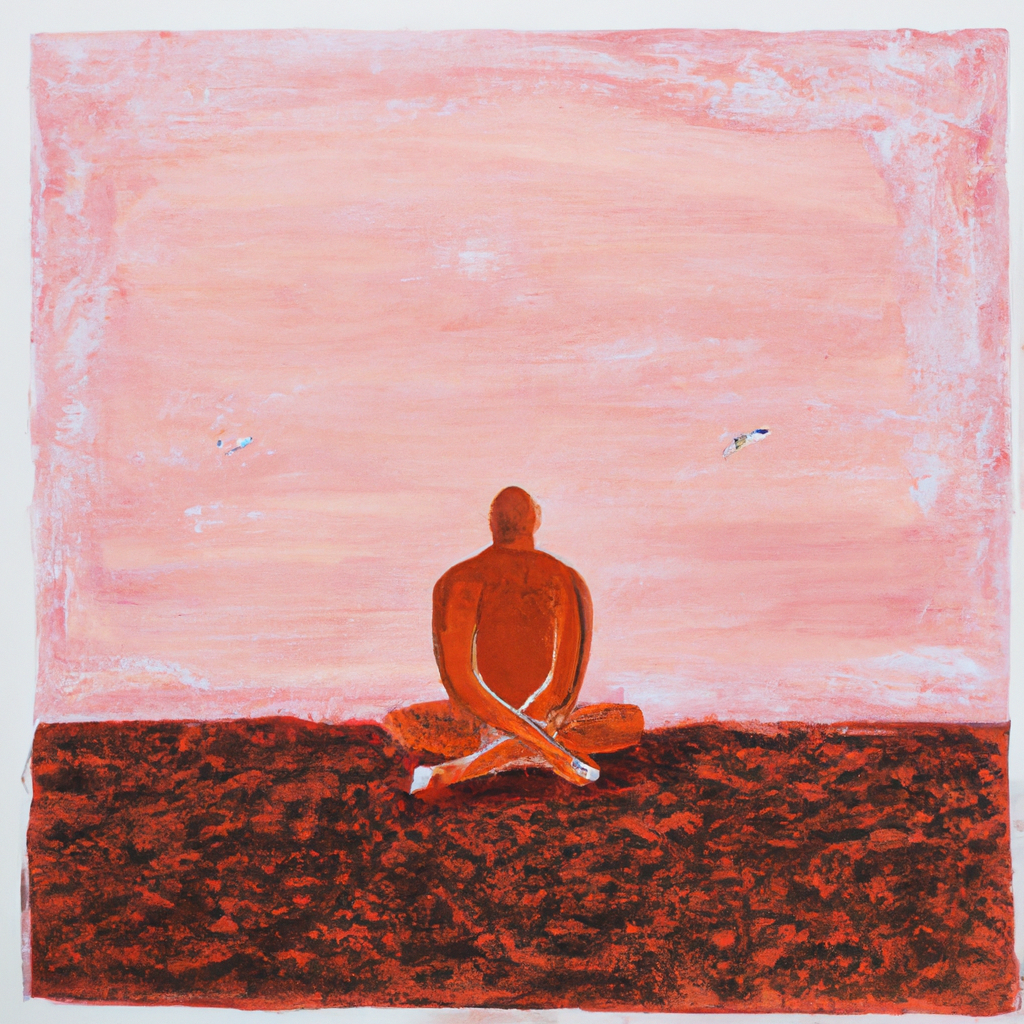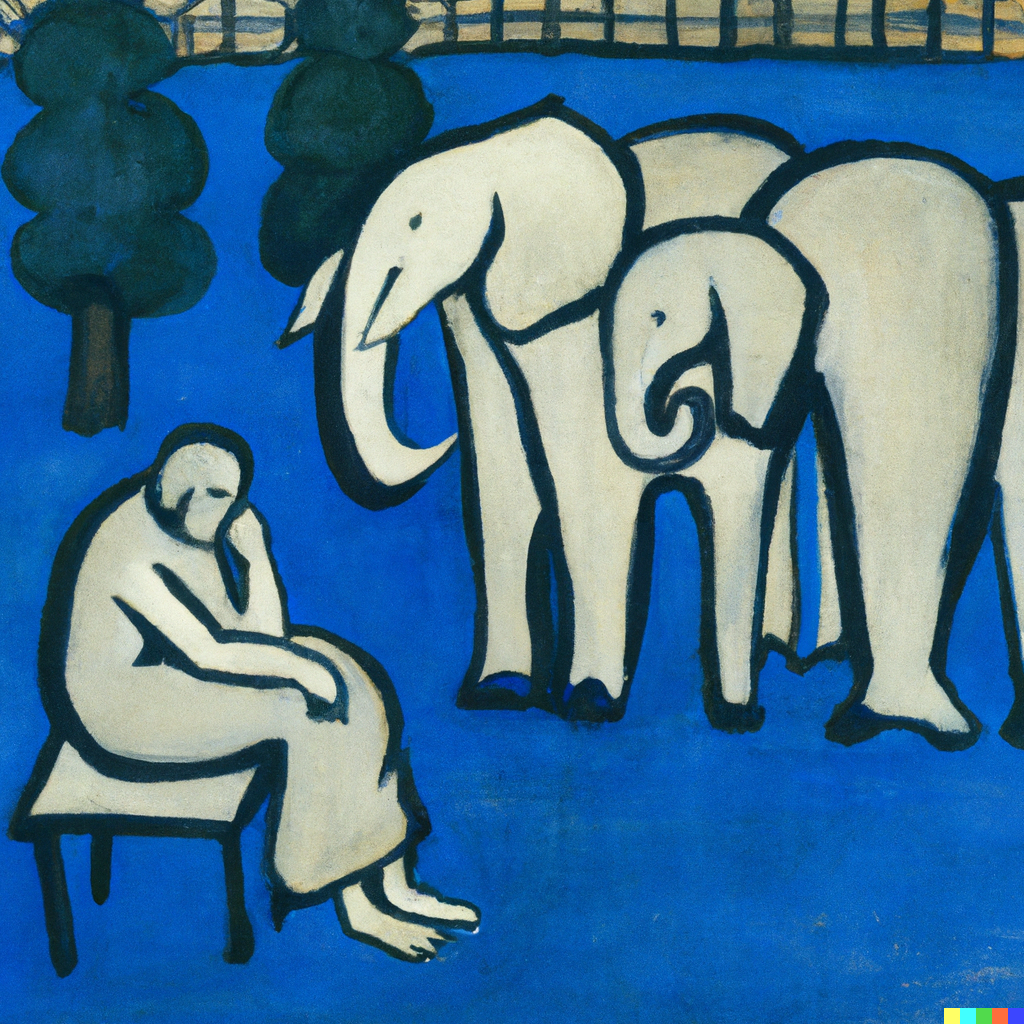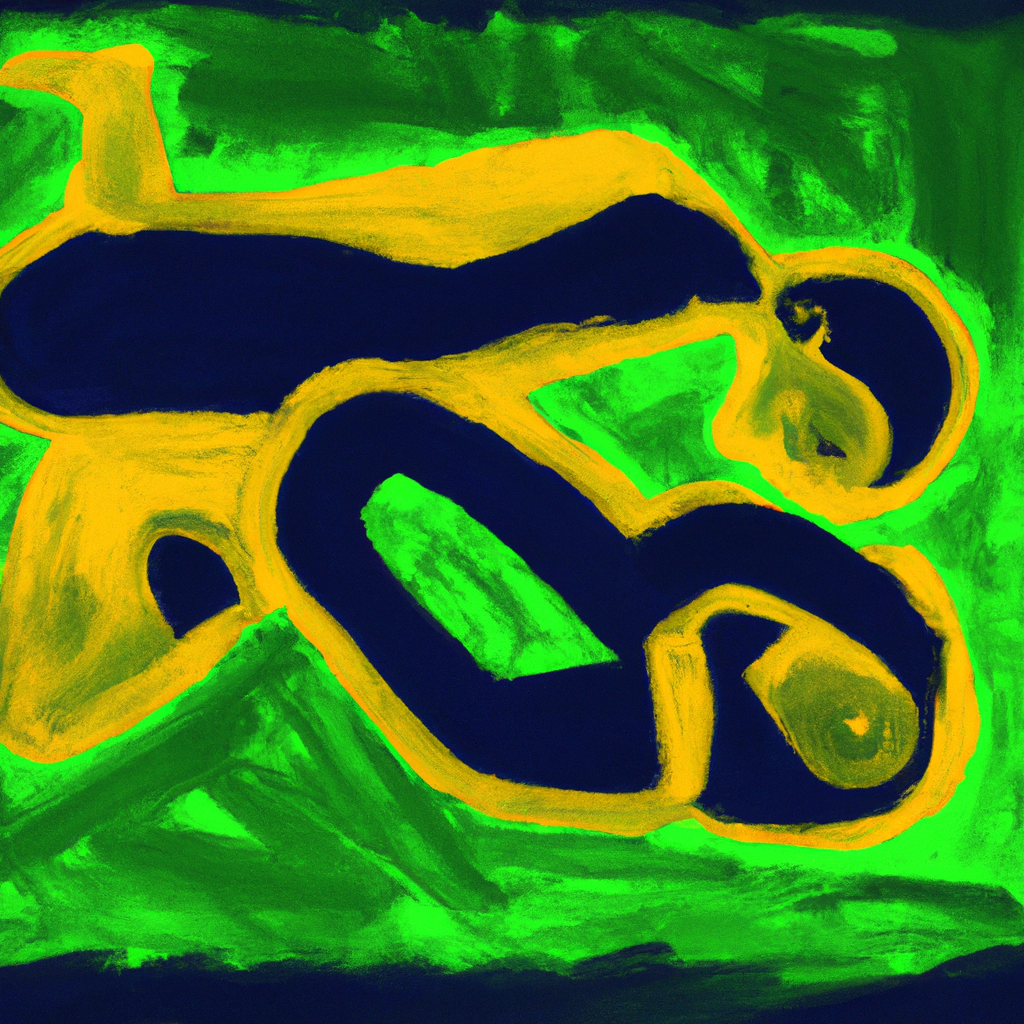
In 2019, the World Health Organization (WHO) estimated Kenya’s age-standardized suicide rate at 11 people in every 100,000, which translates to about 4 deaths per day. The same report highlighted that factors like hopelessness, job loss, and conflict can also indirectly increase the risk of suicide. If you or someone you know is thinking about self-harm or suicide, please seek help right away. If you are in immediate danger, call:
- Red Cross: 1199
- Center for Suicide Research and Intervention (CSRI): +254 703 388 130
- Police Hotline: 999 / 112
Below, we’ve highlighted 12 warning signs to look out for. However, it is important to note that a single warning sign may not be sufficient to make a reliable assessment. It is recommended to have at least 5-6 warning signs present to make a well-informed judgment, regardless, all these warning signs should be taken seriously when observed. If in doubt, always seek professional advice.
1. Mood & Behavior Changes
Key changes to look for are uncharacteristic behavior, like irritability or quietness, extreme moods, and mood swings and general mood instability. For example, if someone who is typically talkative and engaging suddenly becomes withdrawn and quiet, it could indicate that they are struggling with their mental health.
2. Eating & Sleeping Pattern Changes
Often, unexplained changes in eating and sleeping patterns can be linked to mental health challenges. Both over and undereating can indicate or exacerbate mental health challenges; over-eating can be an indicator of stress and anxiety, while under-eating can result in low blood sugar and nutritional imbalances, which can lead to an unstable mood. Similarly, lack of sleep can cause heighted anxiety, emotional outbursts, and, when chronic, can contribute to the development (or worsening of) depression, bipolar disorder, and anxiety disorders. While these changes do not always indicate suicide risk, they are an early warning sign for mental health challenges and should always prompt a mental health check-in.
3. Conversations of Guilt
Expressions of guilt without any apparent reasons are a red flag. This, combined with constant self-criticism and feelings of worthlessness, can indicate that a person does not view themselves as important, worthy, or good, which is an indicator of an internal struggle with their self-image and worth.
4. Increased Substance Use
Frequent, extreme use of substances like drugs and alcohol can indicate mental health struggles. This is mostly for non-users who are suddenly using these substances or for users who are now using an extreme or dangerous amount.
5. Withdrawal
A 2019 study published in JAMA Psychiatry found that individuals with strong social networks are 40% less likely to experience suicidal thoughts. Withdrawal weakens social networks, and this is dangerous because it not only prevents social networks and communities from identifying risk factors, but it also gives suicidal thoughts room to ruminate and intensify, which is dangerous.
6. Decline in Self-Care
A sudden drop in aspects like hygiene, grooming or appearance usually indicates distress or wellness difficulties. This is known as hygiene indifference. Hygiene issues can be both an early indicator of and a characteristic of mental illness. For example, people struggling with depression can often find it daunting to shower because of the perceived effort. When there is a sudden change in appearance or hygiene, there is usually something considerable behind it.
7. Talk of Death or Self-Harm
Expressing thoughts of death, suicide, hopelessness, or self-harm is not bad, as it can sometimes be coming from a place of curiosity and understanding. However, it may be a cry for help, particularly if observed together with other warning signs and if the conversations are around the world being a better place without them.
8. Risky Behaviors
Risky behavior is a key warning sign for someone thinking about suicide. This is attributed to the person wanting to cross paths with death and seeing how close one can get to it. Things like reckless driving, little to no personal safety measures, gambling, and going to risky places are examples of this.
9. Reduced Concentration
A reduced attention span or difficulty comprehending things might mean one’s mental load is overwhelming them. Often, it is difficult to concentrate on something if there is something else persistently bothering you. This should be seen as worrying if it is frequent, persistent, or prolonged, and especially if it is during things the person is usually engaged in or excited about.
10. Unexpected Anger
Rage, a short fuse, and increased, irrational irritability can indicate an increased level of emotional tension. Watching for anger outbursts that seem irrational or like an overreaction is key.
11. Paranoia or Extreme Anxiety
Keep an eye out if someone is, suddenly, consistently on edge, overly cautious, distrustful, and suspicious of others' intentions. This may lead to catastrophic thinking or avoiding people and situations altogether, which may lead to withdrawal and isolation.
12. Saying Goodbye & Giving Away Prized Possessions
Giving away prized possessions, writing letters or a will, or saying ‘finite’ goodbyes is an indicator that a person is preparing to not be around. This is usually one of the riskiest factors and happens when the mental health challenges are severe and have been going on for a while.
If you notice 1 or 2 risk factors in someone else or yourself, it is good to take notice and check what could be causing it. However, if you notice a person or loved one who meets 5-6 or more of these risk factors, it is crucial you act quickly. Listen to them, develop a safety plan, encourage professional help, and, where necessary, call a crisis service to assist them. Handling a person in a suicidal crisis requires a compassionate and informed approach, and with the right support, it is possible to help them find hope and healing. For crisis hotlines in Kenya, you can call:
- Red Cross: 1199
- Center for Suicide Research and Intervention (CSRI): +254 703 388 130
- Police Hotline: 999 / 112




















